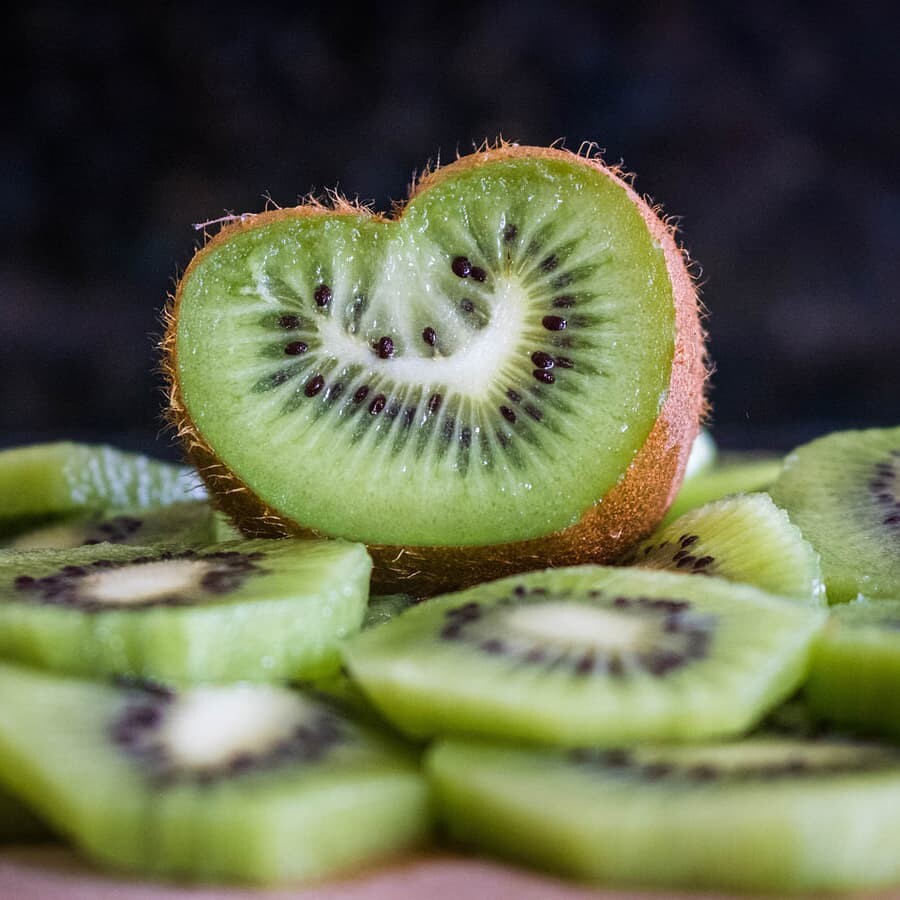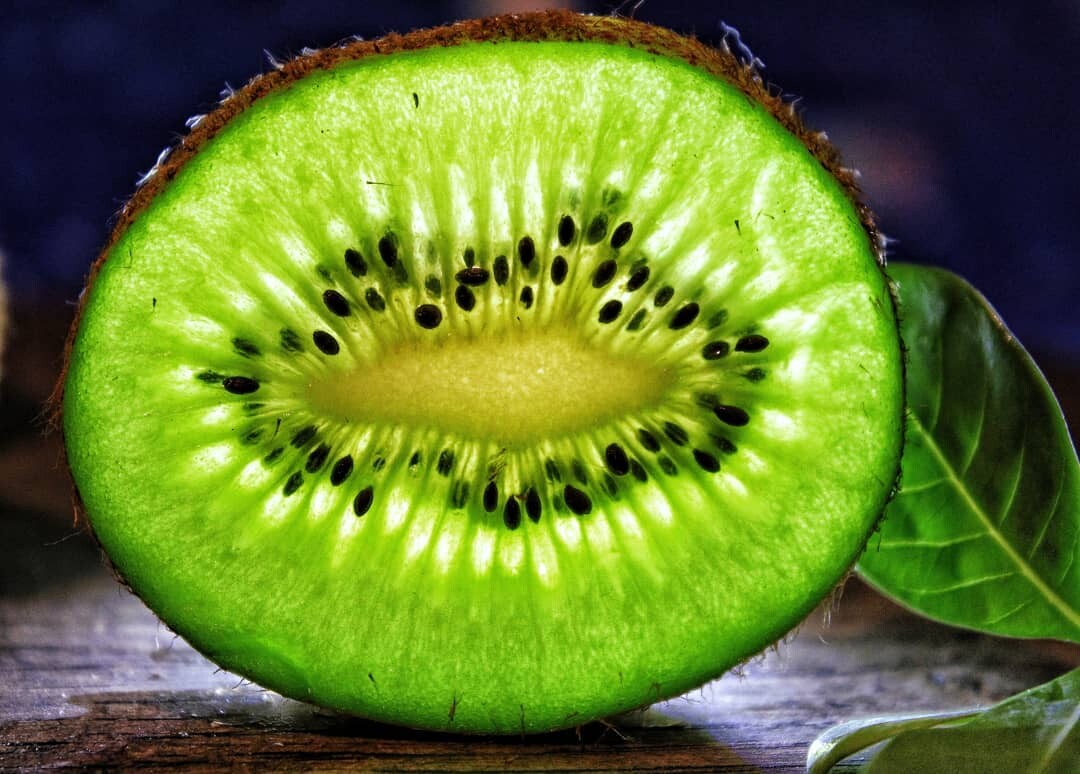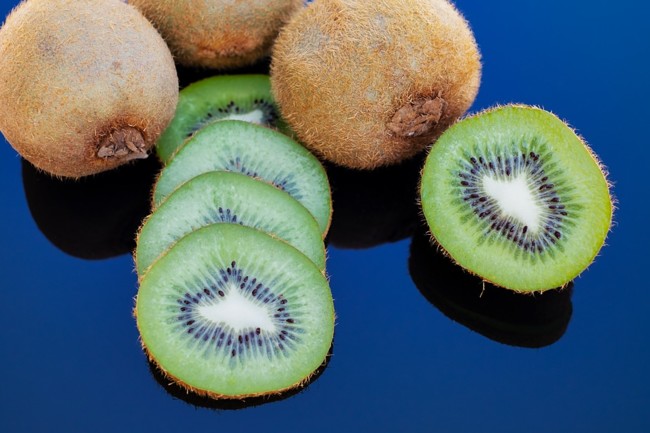Did you know that before the breeders worked with this very plant, the average kiwi weighed only 30 grams. And well, let us tell you, these breeders have done their work (it was at the beginning of the twentieth century). After all, now the weight of a beautiful kiwi is up to 100 grams, and with countless benefits. But we put everything useful and not useful in kiwi into easy-to-read material. Read on.
Read also: Top 5 Healthier Alternatives To Flour When Losing Weight
What does this wonderful berry consist of, and what does it contain?

Let’s start with calories. There are only 61 of them in kiwi per 100 grams. And also
- 63 grams of water
- Less protein
- 0.5 grams of fat
- 10 grams of fiber
- 6 grams of sugar
But the next list will be much richer. We will name you the beneficial substances that are in kiwi. We start with the most impressive components
- Potassium: 148 mg
- Vitamin C: 56 mg
- Beta carotene: 39 mcg
- Vitamin K: 30 mcg
- Folic acid: 20 mcg
- Calcium and Phosphorus: 26 mcg
- Magnesium: 12 mcg
- And also fiber, vitamin A and copper, lutein. And all this is terribly useful in a 70-gram small kiwi.
Considering all this impressive composition, let’s get acquainted with the actions that this berry’s pulp performs when it gets into our body.
Why kiwi is good for us

- First of all, it supports the immune system and prevents chronic diseases, which is very important in the autumn-winter period. Indeed, 2 kiwi contains more vitamin C than a medium-sized orange.
- Also, vitamin C promotes better iron absorption and faster wound healing.
- Promotes good digestion through fiber
- Supports cardiovascular health thanks to its high potassium content
- It helps skin and hair with the same vitamin C. After all; this vitamin stimulates collagen synthesis.
- Promotes weight loss. Kiwi is low in calories, but there is plenty of fiber in it, so eating it will fill you up well.
- Supports vision with lutein. This substance protects our eyes from harmful radicals.
Also read: 5 Rules For Buying, Storing And Preparing Mushrooms
But it’s important to remember the following

- Allowing yourself more can trigger asthma, rashes, redness of the skin, and irritation of the oral mucosa. Sometimes food allergy syndrome can develop.
- If you feel itchy around your mouth, tongue, or throat every time you eat kiwi, consult your doctor. Small children (up to one and a half years old) should not be given kiwi.
- If you are taking any dietary supplements, medications, or herbal remedies, be sure to check with your dietitian and healthcare professional before incorporating kiwi in your diet.
Adapted and translated by Wiki Avenue Staff
Sources: Today Lifestyle






